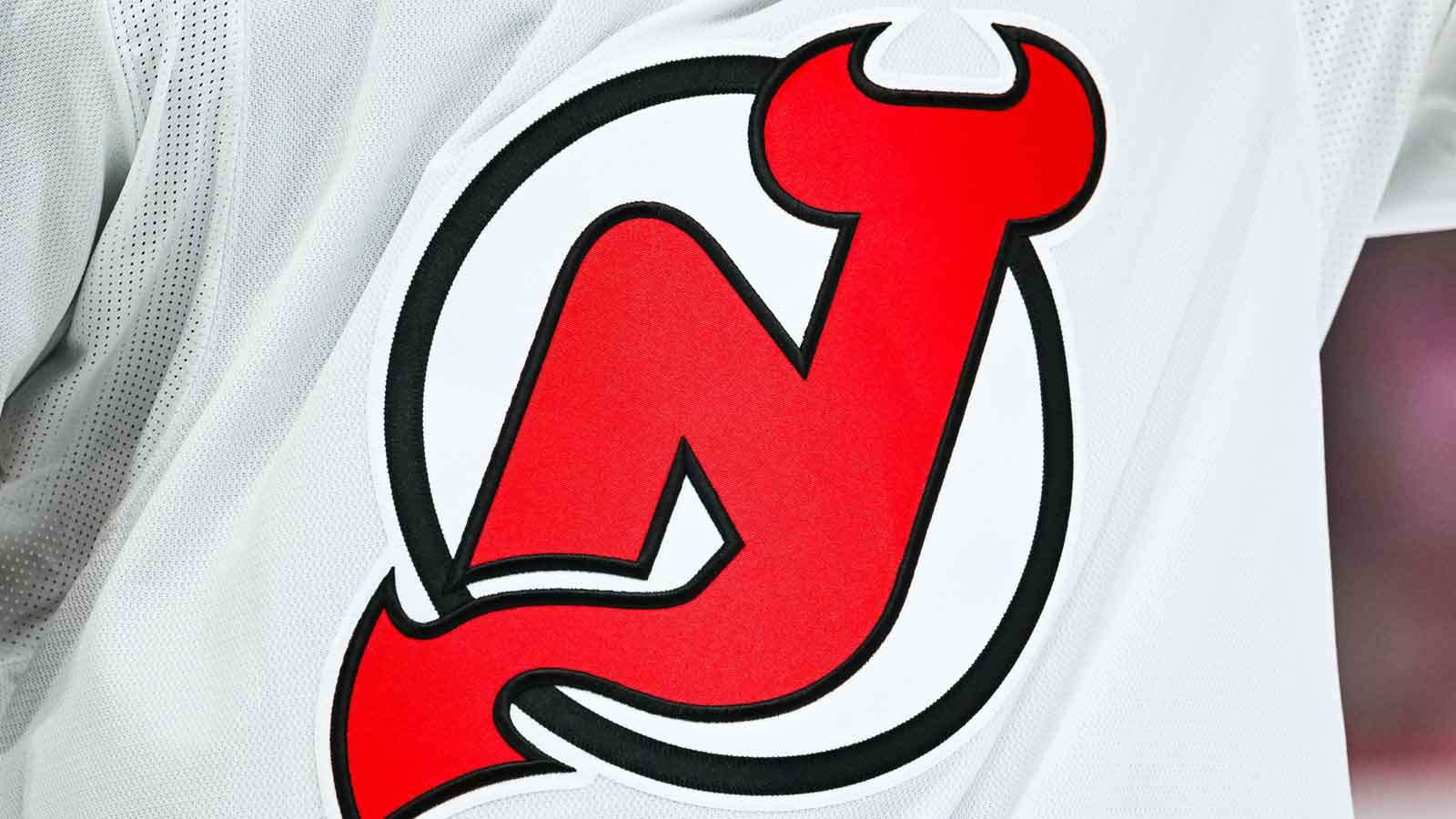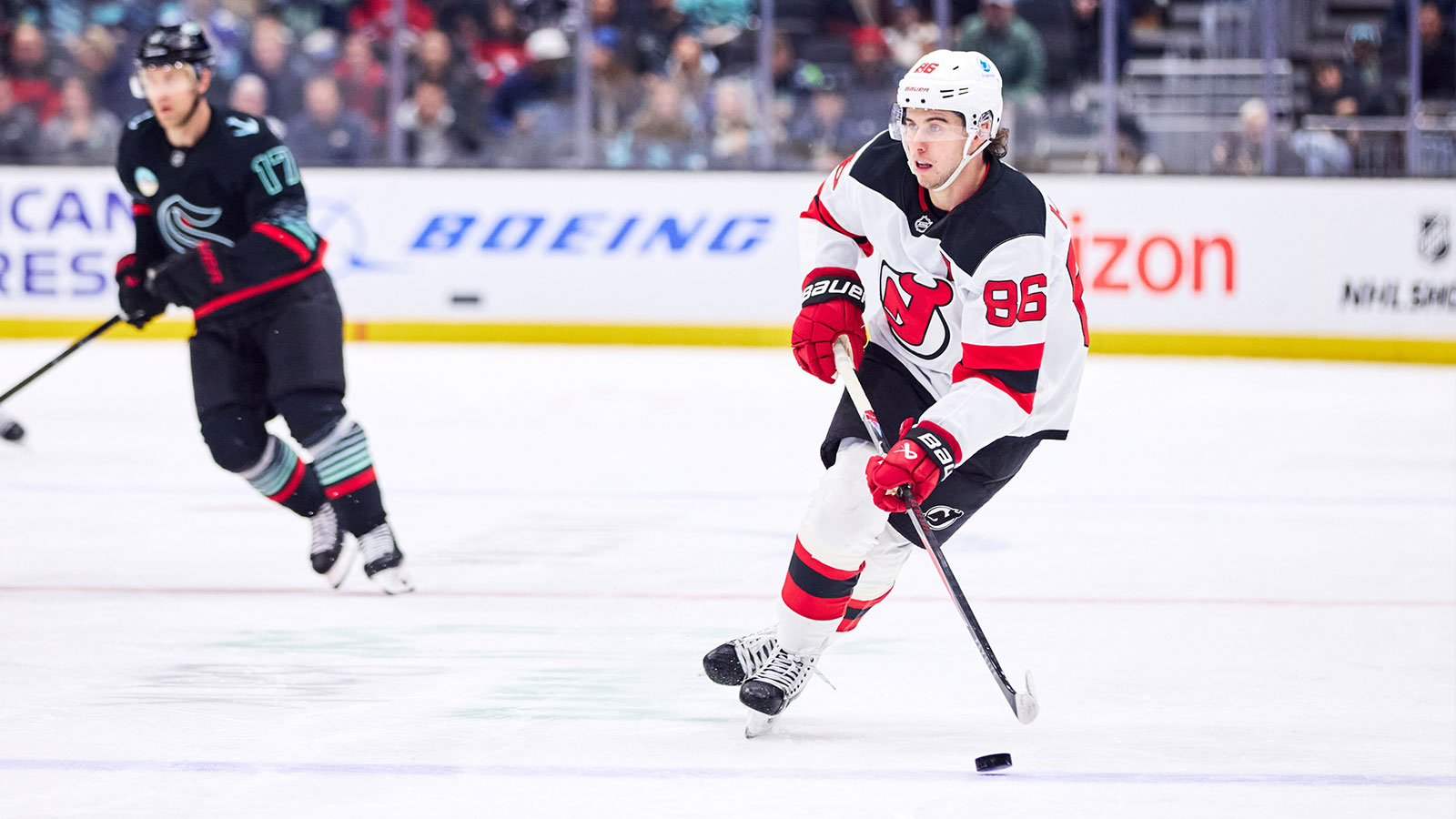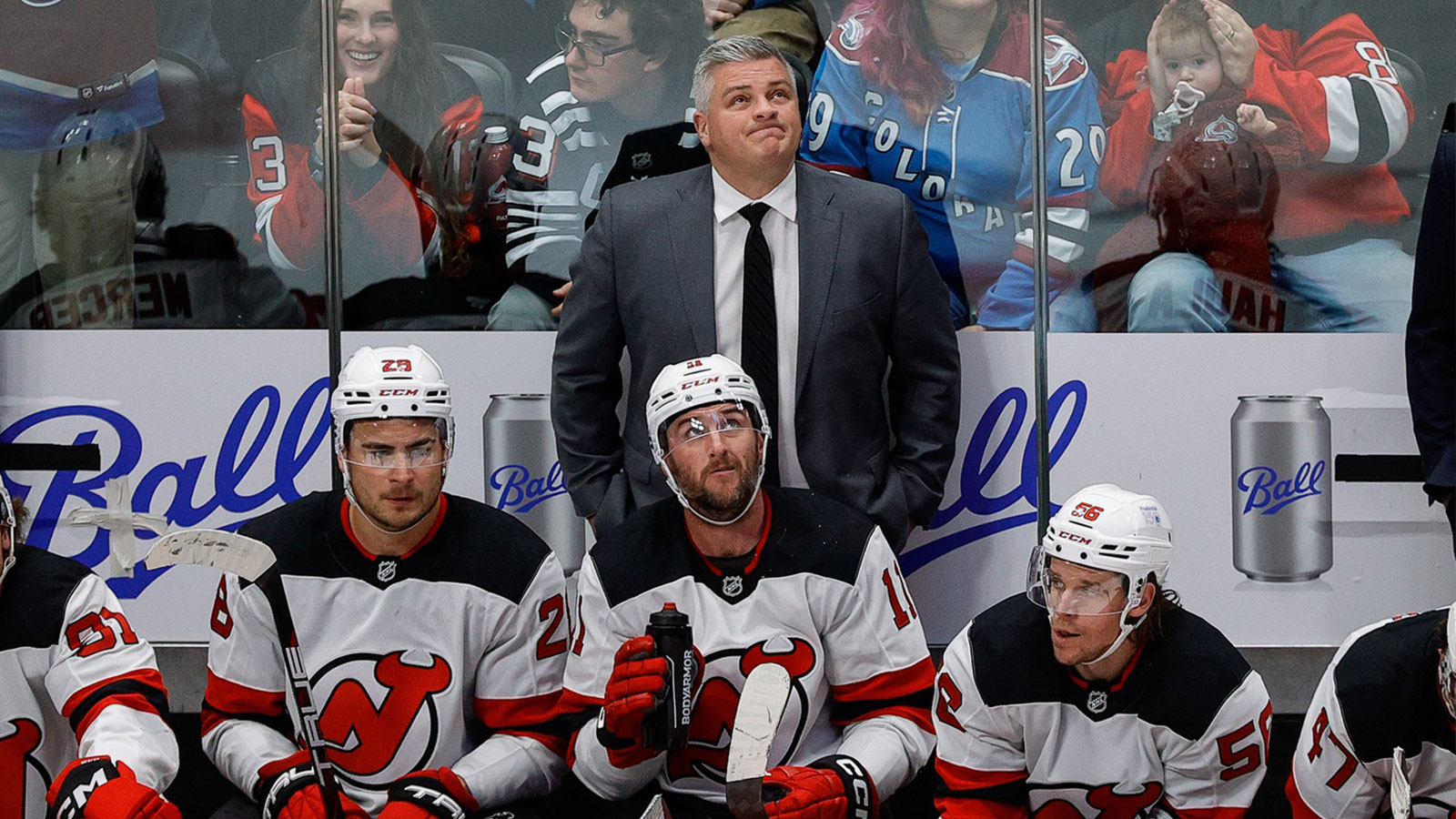The Columbus Blue Jackets shocked the hockey world once again on Friday. A rare sign-and-trade move saw the Blue Jackets acquire defenseman Damon Severson from the New Jersey Devils.
This type of move is rather fascinating to examine, especially since it isn't as common in hockey as in other sports. So, how did both teams do in this transaction? Does it work out for both sides? It's time once again to hand out some grades.
Full details
The Columbus Blue Jackets acquire defenseman Damon Severson from the New Jersey Devils in exchange for a 2023 third-round pick (80th overall). This pick originally belonged to the Calgary Flames. Columbus acquired it from the Seattle Kraken in last summer's Oliver Bjorkstrand trade.
As part of the trade, Columbus signed Severson to an eight-year contract. The contract carries an average annual value of $6.25 million. Severson receives full no-trade protection in the first four years of the deal. In Year 5, this changes to a 20-team no-trade list. He then receives a 12-team no-trade list in the final three seasons of the deal.
Blue Jackets sign Damon Severson
Columbus already made one splash, as the Blue Jackets traded for Ivan Provorov on Tuesday. Clearly, general manager Jarmo Kekalainen felt that move wasn't enough to improve the team's defense.
Let's talk about Severson as a player, to begin with. The 28-year-old blueliner is an analytical darling. He is an excellent passer and is an all-around solid player offensively. However, he does make mistakes defensively. And when he makes mistakes in that end, they tend to be big ones.
Severson is certainly a solid player, and it's easy to see why the Blue Jackets had interest. However, the contract is where things begin to fall apart and the grade for this move goes down a bit.
Honestly, the money isn't even the biggest issue in this deal. The salary cap is projected to jump up in the next few years. Severson's cap hit likely won't age too terribly unless he absolutely falls off a cliff.
The main issue here is the eight-year term. Severson is already 28 years old, meaning he'll be 36 when this contract ends. In the short term, the contract should be fine. The last half of this contract could be absolutely brutal.
Overall, I do believe this move is better than the Provorov deal. Columbus bypassed the need to battle other teams for Severson's signature with the trade. And they didn't really overpay to do so. While there are questions over his contract, there's enough to like to understand why the Blue Jackets took this risk.
Devils trade Damon Severson
There isn't a ton to say with the Devils side of this deal. New Jersey just wasn't going to re-sign Severson this summer. Especially if re-signing the 28-year-old meant giving out this contract.
As a result, the Devils take advantage of a team's aggressiveness. They acquire something for a player they were content with losing for nothing in free agency. It's an absolute win, whether they actually use the pick or not.
Dougie Hamilton is firmly established as the top defenseman for the Devils. Last summer, New Jersey brought in John Marino in a trade with the Pittsburgh Penguins. Marino is two years younger and a more cost-effective option for the team.
Moving on from Severson made a lot of sense for New Jersey. Adding an asset to help facilitate the inevitable is essentially a cherry on top no matter how you view this.
Grades and final thoughts
Both teams do well, to varying extents. The Devils receive high marks for using aggressiveness on Columbus's behalf to add an asset to their cabinet. The Blue Jackets receive a bit of a lower grade despite improving their defense. This Damon Severson contract could easily blow up in their face in the future. That's hard to ignore.
Columbus Blue Jackets: B
New Jersey Devils: A+




















